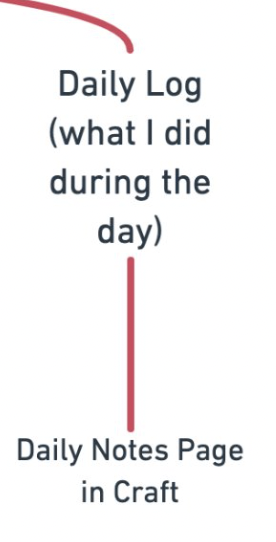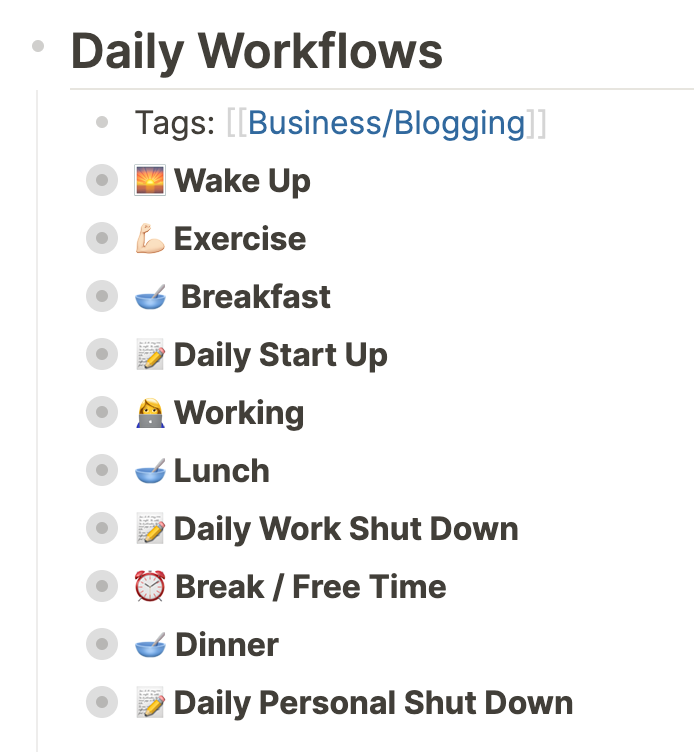
My current daily capture workflow uses @devontech's #DevonThink, @readwise Reader, @obsdmd, @clickup, & @craftdocsapp. It's working quite smoothly these days. I can find what I want when I want it, it's helping me get work done, and not getting in the way! 

Branch 1: Academic Articles to @devontech 

@devontech @readwise @obsdmd @craftdocsapp Branch 3: Non-Academic Articles: @readwise Reader -> @obsdmd -> @devontech -> @craftdocsapp 

@devontech @readwise @obsdmd @craftdocsapp Tasks:
∙During Meetings: @craftdocsapp -> @clickup
∙Otherwise: @clickup
∙During Meetings: @craftdocsapp -> @clickup
∙Otherwise: @clickup

• • •
Missing some Tweet in this thread? You can try to
force a refresh









